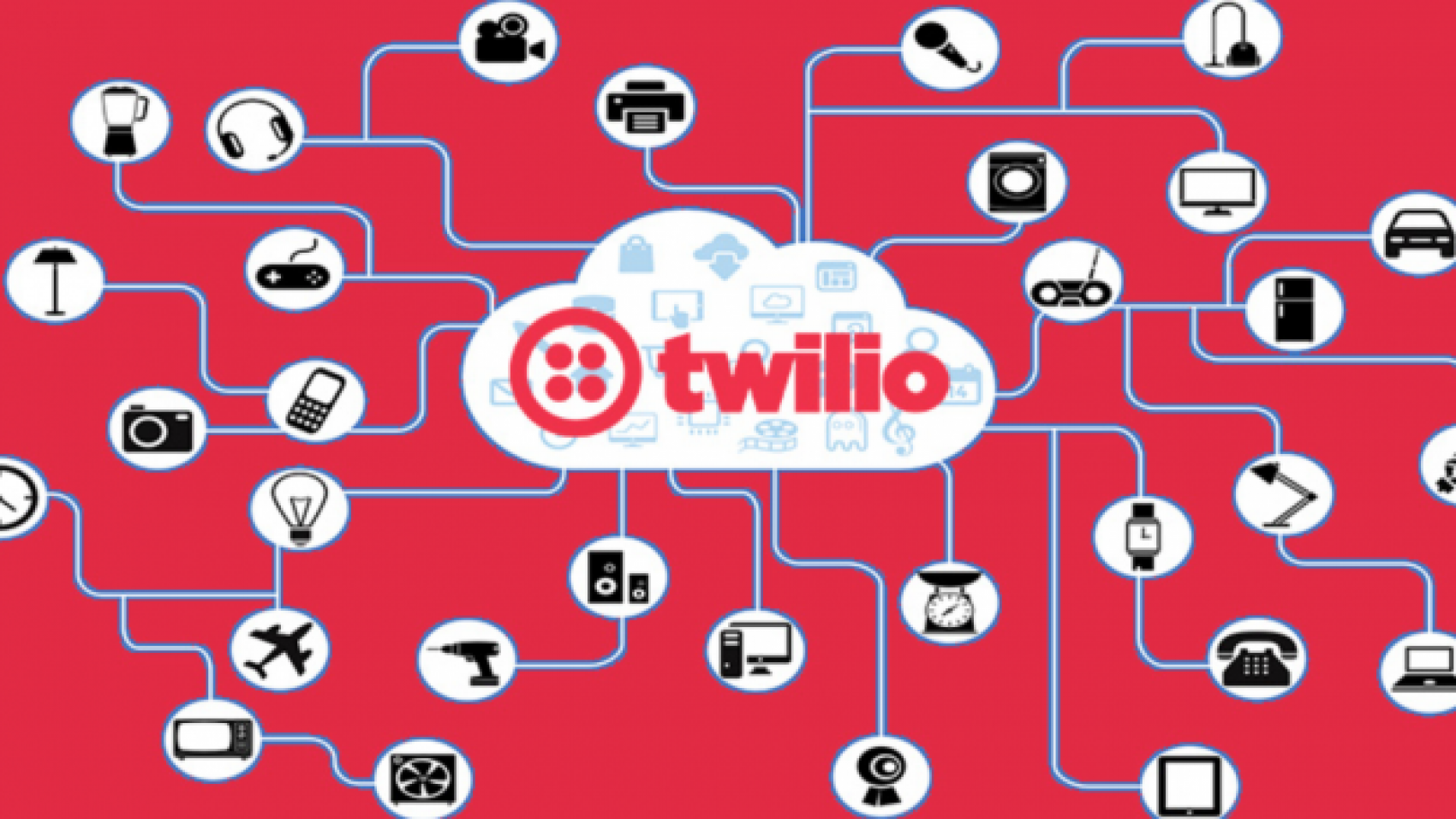We’re in the season of reading and quoting executives. There’s Amazon’s letter from Jeff Bezos on customer-centricity, Jamie Dimon’s on employees, customers, and better regulations, Buffett’s on the tailwinds of America’s economic machine. Jeff Lawson, CEO and co-founder of Twilio, has his own words to add. His company “enables developers to build, scale and operate real-time communications within their software applications via our simple-to-use Application Programming Interfaces (“APIs”)” It’s a bet on the growth of software and apps.
This is a leap for me. I tend to be a late adopter to most things tech (I get funny looks about reading the paper copy of the Wall Street Journal) but have made it a point to add more tech to my mental models of how the changing world works.
Twilio is unique in its platform’s success and has powerful 2018 numbers to show: $650M in revenue (up 63%), 50B interactions that “reached approximately 2 billion people.” It’s developer (read: customer) first. “Everything we do is focused on unleashing the creativity of our developer ecosystem.” With Twilio tools and the Amazon IoT button, one developer made an app to alert a parent if a child has been forgotten in a hot car. “By giving a child’s car seat an always-connected emergency button to text the parents, he created a lifeline for a kid in trouble. What a novel idea, and the start of a truly interesting (and potentially lifesaving) IoT idea.”
In 2017, after brainstorming and deliberating, on what its two core values were, the finalists were: “Write it down” and “Ruthlessly prioritize.” Lawson later follows in his letter with the frequent question of: “What do we really want to happen? And answering that with intellectual honesty is nearly always the best way to express our plan in words.” He continues: “Here we are, using modern technology – software, the cloud, and machine learning, etc. – to move the state of communications forward. Just as those botanists, chemists, and metallurgists did 100 years ago, every day our teams are pushing the state of communications forward to help bring about a more engaged society.”
We’d be wise to ask, what do we really want to happen? It’s not a wish list but actions most needed to strive to deserve success. In healthcare, if we want to follow industry trends and spend on wasteful programs and stale relationships, over time we’ll likely get the average (or below) results.
To train for a marathon, you build a base, do long-runs and fast runs. Sprinkle in rest. You race prior to the big race. You get used to discomfort and you put in the work. Your reward is knowing you’ve stuck to it, prioritized something important, strengthened your will, and reinforced a model based on putting something in and getting something sweet out. You constantly ask yourself: what do I really want?
Disclosure: As of this writing, I own no stock in Twilio and have no plans to invest in the company. Image from Twilio 10-K

